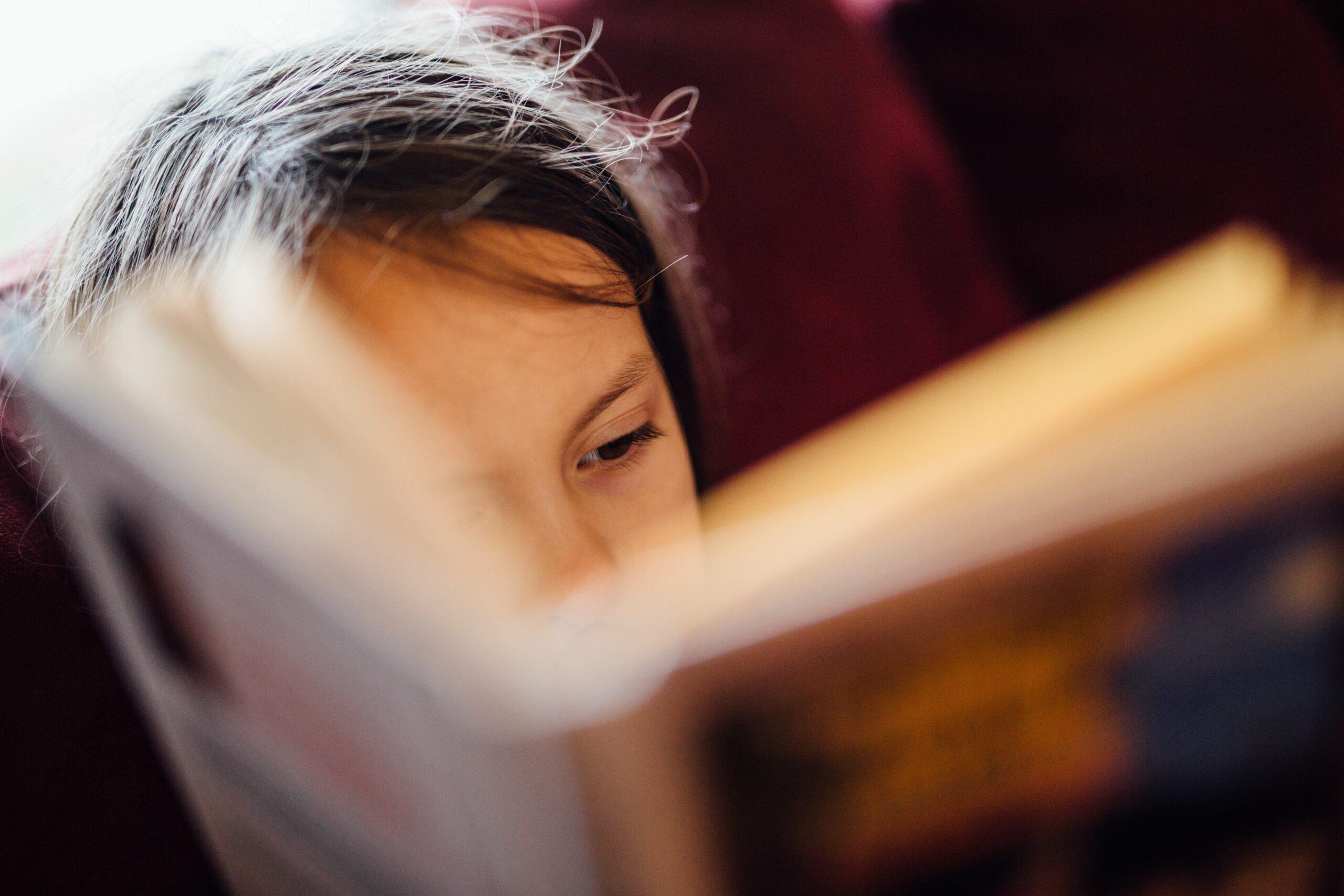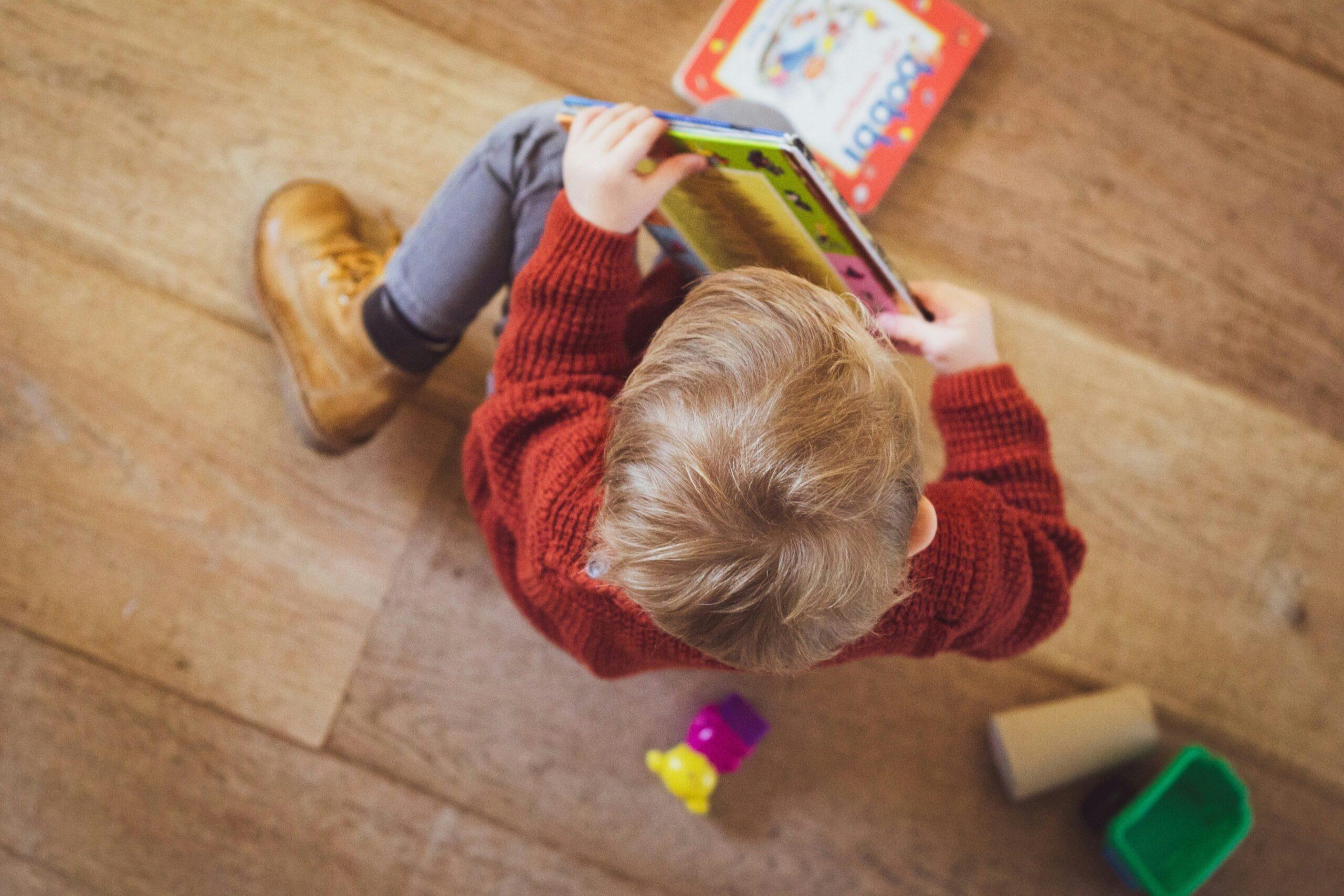What do you get when you combine one or two parents, any number of children, many books and lots of practice reading? What you get are children who are proficient readers. Research confirms that children who read or are read to at least 15 minutes a day become better learners, thinkers and writers than their non-literary counterparts.
Reading is a process that begins in the first few years of life and continues into adulthood. As humans, we are not born with the ability to automatically read. It is a learned skill that takes several years to develop and many years to master. Reading represents a journey that requires limitless opportunities to watch, imitate and practice. It’s a multidimensional activity that utilizes many approaches and strategies. And the ultimate goal of learning how to read is to comprehend, digest and enjoy literature.
Before children set out on this colossal journey of becoming lifelong readers, they must first learn to appreciate and have fun with books. Otherwise, a child’s reading journey becomes an arduous and perhaps unsuccessful one. From a young age, children should be exposed to books and acquire a love for reading. Parents play a critical role in this necessity. Parents need to be reading role models. They need to immerse their children into literature and show them that reading is both entertaining and educational.
As a parent, how can you instill a love of reading in your children?
- Stock your house with a large and varied collection of books.
- Find a quiet and cozy place to read with your child, and read to your child every day.
- When reading aloud, read with expression. Change your voice to reflect the different characters in each story.
- Allow your children to touch and interact with books. Very young children will sit and listen to a story better if they have their own copy of the book— or any book— to hold.
- Let your child see you reading “grown-up” literature.
- Schedule a family reading night. On the occasion, all family members should gather in the living room to each read a book. Babies and toddlers can just hold and look at their books.
- Take your children to the public library for story time and to borrow books.
- Get a library card for each of your children as soon as they can write their names on the library card. Don’t worry about penmanship.
- Take your children to a bookstore to purchase books.
Keep in mind that a child’s listening level is usually higher than his or her reading level. This means that when reading a book aloud to your child, it is fine to read a higher level book that may introduce vocabulary words. Such a book may even elicit a priceless conversation between you and your child. On the other hand, if your child is going to read independently, it is imperative that he or she selects appropriate books. Have your child read the first couple pages of a book. If your child comes across at least five unknown or difficult-to-read words, then the book is likely out of your child’s range. However, if your child can read all of the words on those pages or only finds difficultly with a couple of words, then the book is probably just right.
Once your child acquires a love of reading, the journey has just begun! He or she now needs to start collecting the tools for becoming a skillful, fluent and lifelong reader. This is the point that your child must begin to employ critical thinking skills— skills used by proficient readers.
A proficient reader is an individual who possesses and makes use of various strategies for reading a book or any piece of text, as well as for comprehending it. The ability to comprehend is no small feat. With it comes the ability to become actively engaged in a piece of literature. Truly proficient readers think about what they are reading. And by using cognitive strategies, children can reach the ultimate goal: to become competent, fluent and self-regulated readers, whose passion for literature lasts a lifetime.
Parents are an indispensable component in their child’s educational experience. Parents must encourage and monitor their child’s reading on a daily basis until the child possesses the ability to self-monitor. Parents also need to make sure that their children are reading appropriate books for their reading level. And, I believe, reading should never be rewarded. Reading is a reward!
Suggested Reading List
Kindergarten
- Don’t Let the Pigeon Drive the Bus! (Hyperion Press) by Mo Willems
- Here’s a Little Poem: A Very First Book of Poetry (Candlewick) by Jane Yolen and Andrew Fusek Peters
First Grade
- Mercy Watson to the Rescue (Candlewick) by Kate DiCamillo
- Diary of a Worm (Joanna Cotler) by Doreen Cronin
Second Grade
- You Read to Me, I’ll Read to You: Very Short Stories to Read Together (Little, Brown Young Readers) by Mary Ann Hoberman
- Sweet Tooth (Simon & Schuster Children’s Publishing) by Margie Palatini
Third Grade
- Diary of a Wimpy Kid (Abrams Books for Young Readers) by Jeff Kinney
- The Doll People (Hyperion Book CH) by Ann M. Martin
Fourth Grade
- The Penderwicks (Listening Library) by Jeanne Birdsall
- The Miraculous Journey of Edward Tulane (Candlewick) by Kate DiCamillo
Fifth Grade
- The Invention of Hugo Cabret (Scholastic Press) by Brian Selznick
- The Tale of Despereaux (Candlewick) by Kate DiCamillo




